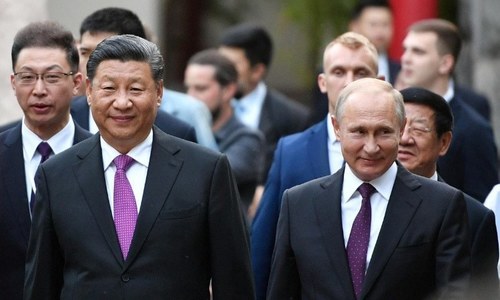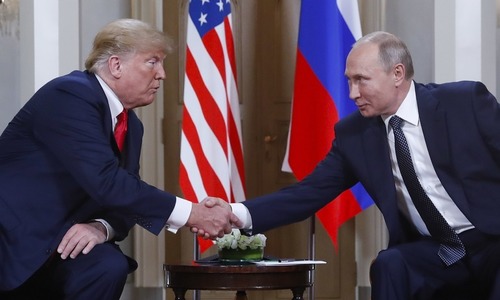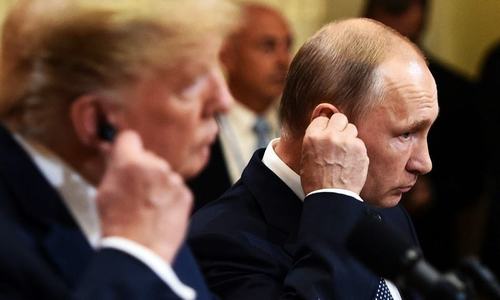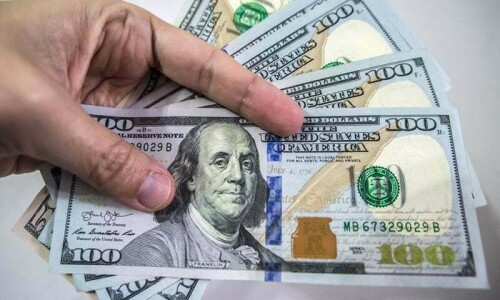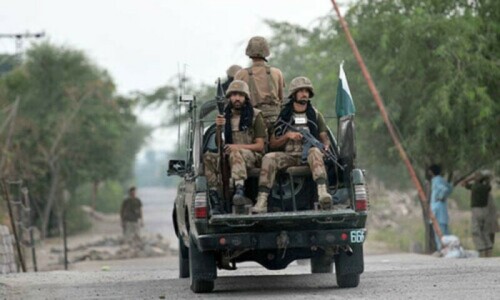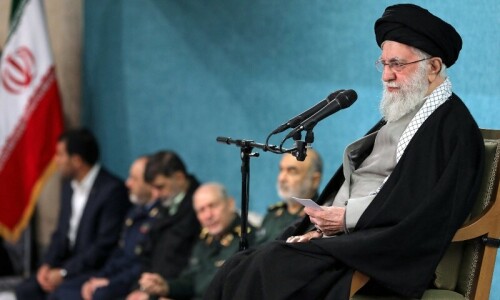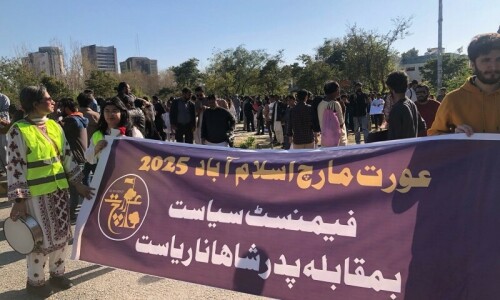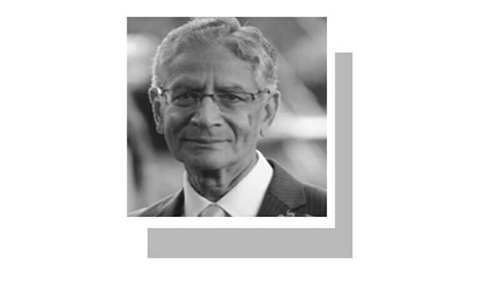VIENNA: Crucial negotiations to replace a nuclear disarmament treaty between the US and Russia were overshadowed on Tuesday by a divide between Washington and Moscow over whether China should be brought to the table.
The two sides met in Vienna to discuss a replacement for the New START treaty, which limits each side to 1,550 deployed nuclear warheads but which is due to run out in February.
The leader of the US delegation Marshall Billingslea told reporters on Tuesday that China had an “obligation to negotiate in good faith with us and the Russians”.
China’s absence from the talks meant they “stood up not just the United States and Russia but they stood up the entire world”, according to Billingslea.
US President Donald Trump has insisted China be included in disarmament talks, citing what he says is the free rein Beijing has had to develop weapons systems.
However, Russia’s envoy to the Vienna talks, Deputy Foreign Minister Sergei Ryabkov, said on Tuesday it was “unrealistic to count on China’s participation”.
“We will not use our influence on China as the Americans want,” Ryabkov was quoted as saying by news agency RIA Novosti. China has shown no interest in taking part.
Observers fear New START could go the way of several other international agreements, which have fallen by the wayside during Trump’s tenure in line with his “America First” foreign policy.
Last month, Trump pulled out of the Open Skies Treaty, which allowed Russia, the United States and 32 other nations to conduct surveillance flights over one another’s territory at short notice.
He earlier pulled out of the Intermediate Range Nuclear Forces Treaty, a key agreement from the Cold War, and has also left the 2015 nuclear deal between Iran and world powers hanging by a thread after withdrawing and reimposing sanctions on Tehran.
The US justifies its focus on China by saying that it believes Beijing is “racing towards parity” with the US and Russia in terms of its nuclear arsenal and is not being transparent about its intentions.
Billingslea said the American delegation shared detailed intelligence with Russia for the first time in recent memory regarding the nuclear programmes of “third parties” — an oblique reference to China.
However, the US and Russia still hold more than 90 percent of the world’s nuclear weapons, according to the Stockholm International Peace Research Institute.
According to the institute’s latest research, Russia has 6,375 nuclear warheads, including those that are not deployed, and the United States has 5,800. By contrast, China has 320, France 290 and the UK 215.
Experts say the Trump administration’s insistence that China should be a part of the talks casts doubt on whether it is serious about reaching an accord.
Some even go as far as to suggest that the focus on China could become a pretext for the US to abandon the agreement.
However, Billingslea has not ruled out an extension of the bilateral accord.
Published in Dawn, June 24th, 2020



